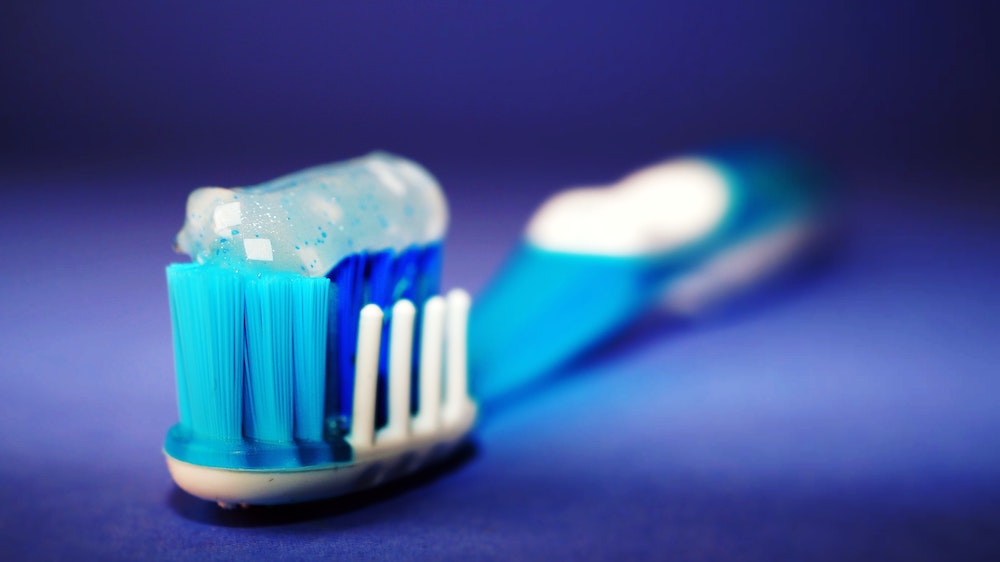
Case Study: How Digital Dental Impressions Can Help Treat And Diagnose Common Dental Issues
October 7, 2021
How Long Does it Take for Invisalign to Work?
October 13, 2021Your dental health and preventative dental care is integral to your overall health. Some diseases and conditions may cause oral health concerns. In this article, we will discuss some of the most common tooth problems associated with other health conditions.
How Diseases or Health Conditions Cause These Most Common Tooth Problems
Autoimmune diseases
Autoimmune diseases refer to conditions where a person’s own immune system reacts against the body’s own organs and body tissues. There are more than 80 different autoimmune diseases that may affect the entire body including oral health.
Inflammation is a common symptom of many autoimmune diseases. Gum disease also is closely associated with inflammation. If you suffer from an autoimmune disease, good oral hygiene is essential.
Since autoimmune diseases attack the body’s systems there are other dental health and tooth problems caused by many autoimmune diseases. Some of these issues include:
● Dry mouth and teeth – some autoimmune disorders attack the glands and may decrease the natural lubrication found in healthy tissue.
● Some diseases impact a person’s ability to eat or swallow.
● Mouth ulcers may happen for people with Lupus and other diseases.
Be sure to discuss any changes in your dental health with your dentist. Sometimes people learn they have developed an autoimmune disease after seeking treatment for some of these uncommon and most common tooth problems. Also discuss any health diagnosis with your dentist so you receive the best care possible.
Pregnancy
Pregnancy is an exciting time for many people, but it is also a time when oral health may change. While pregnancy is not a disease, it is a time when the body and hormones rapidly change to accommodate a growing life.
During pregnancy, gums swell often resulting in pregnancy gingivitis. Symptoms include swollen or bleeding gums. The American Pregnancy Association recommends talking with your dentists and possibly getting more frequent professional teeth cleanings during pregnancy to protect your oral health while you are expecting. Pregnancy gingivitis can lead to pre-term birth and low birth weight.
Other common tooth problems resulting from changes during pregnancy include:
● Pregnancy tooth tumors are the result of rapid hormonal change. These benign tumors sometimes appear during the second trimester and go away after delivery. Your dentist may remove them if they cause pain or discomfort.
● Morning sickness may also cause oral health concerns as a result of the more frequent vomiting many women experience. Be sure to maintain your regular daily brushing and flossing routine. If brushing and flossing trigger a gag reflex talk with your dentist or hygienist for other oral hygiene tips and strategies. Don’t brush immediately after vomiting since the tooth enamel may be weakened from the acid, instead try rinsing your mouth with water and baking soda to help neutralize the acid.
Even if you experience only the most common changes in your oral health, be sure to discuss those changes with your dentist and hygienist so they may help alter your oral care to maintain a healthy mouth throughout your pregnancy.
Cardiovascular disease
While the cause isn’t clear, your cardiovascular health and your oral health are closely allied. People with chronic gum inflammation seem more vulnerable to developing heart disease. On the flip side, people with heart disease also seem more likely to develop gum disease. See how gum disease and heart disease are correlated.
Dental hygiene and care are important for everyone but especially important for patients with cardiovascular disease. See your dentist as scheduled for professional cleanings and exams and maintain a consistent schedule of daily flossing and twice daily brushing with a soft-bristled toothbrush.
According to the Mayo Clinic, the germs and bacteria from the mouth may contribute to endocarditis or the infection of the heart lining. This bacteria travels into the body from the mouth and may attach itself to organs like the heart causing damage.
A proactive and consistent dental hygiene plan helps keep gums healthier and as a result, may also help the heart by decreasing the risk of a preventable infection.
Diabetes
Diabetes and prediabetes are common health concerns in the United States. Many don’t realize that gum disease and diabetes are also connected. Like with heart disease, the exact relationship is not clear, there seems to be a two-way connection. People with diabetes are more prone to infection and inflammation including gum disease. It also appears that people with gum disease may more problems controlling blood glucose levels possibly resulting in a faster progression of diabetes.
If you are prediabetic or diabetic, be sure to inform your dentist so your treatment plan can factor it in. In addition, be sure to follow your doctors advise to stay as healthy as possible. Maintain oral hygiene by flossing daily and brushing twice a day gently using a soft-bristled toothbrush. By keeping your gums healthy you may enjoy better overall health.
Osteoporosis
Osteoporosis is another common health conditions that may affect your dental health. As people age, bones lose density, weaken, and become more brittle. Bone loss is a common problem associated with osteoporosis and it applies to the teeth and jaw as well as bones elsewhere in the body.
People with osteoporosis are often prescribed bisphosphonates, one side effect of this medication may result in preventing already weakened bones from receiving enough blood flow. Sometimes this happens in the jaw area.
Be sure to discuss any osteoporosis diagnosis with your dentist and keep your dentist informed about any medications that you take.
Sometimes people don’t realize that their medications and seemingly unrelated health conditions may impact dental health. When it comes to your teeth and gums, consistent hygiene and professional care help mitigate common tooth and gum problems. When your dental team has a clear picture of your overall health, they can customize your treatment to best suit your needs.
Good oral health starts with a thorough dental examination, cleaning, and professional care. If you haven’t seen a dentist yet this year, be sure to schedule an appointment. Professional care can prevent the most common tooth problems or treat them before the conditions progress. Charlotte area residents trust their oral health to Southview Dentistry. Contact us today to schedule an appointment.




